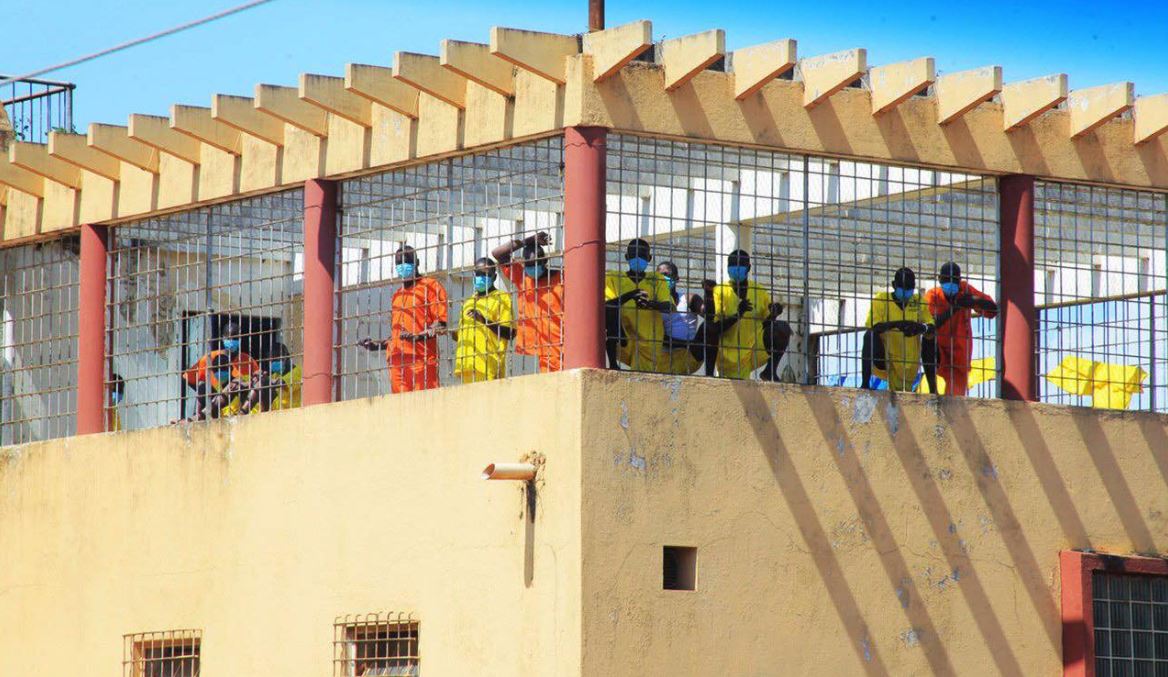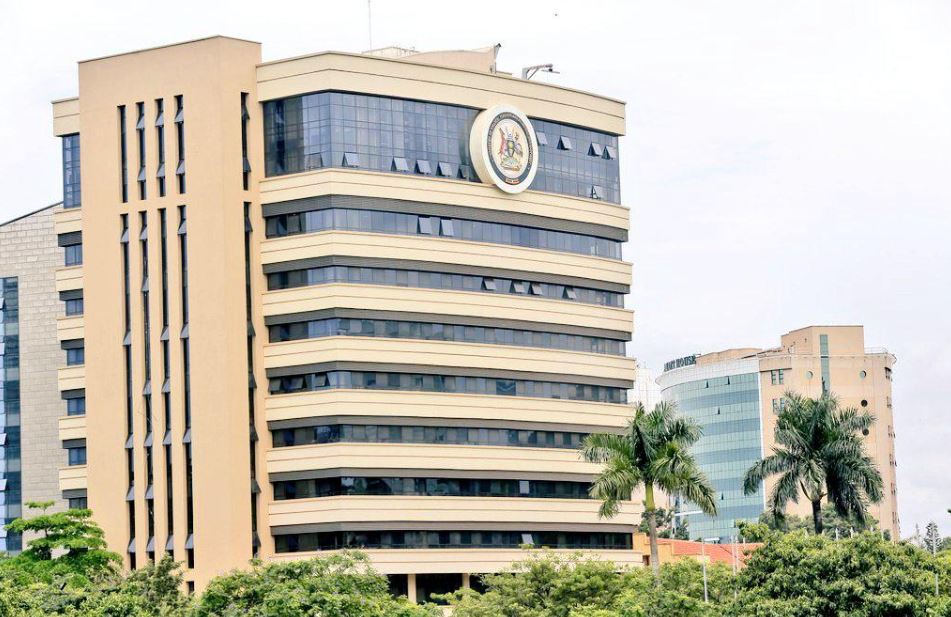Published on 22/08/2025
Uganda Prisons Services (UPS) has decried the worsening congestion in the country’s detention facilities, warning that the situation has reached crisis levels, undermining both prison administration and the human rights of inmates.
According to Deputy Commissioner General of Prisons, Samuel Akena, Uganda’s prisons were built to hold just 22,400 inmates. However, the system is currently housing more than 80,000 prisoners—an excess of over 56,000 inmates, far beyond internationally accepted detention standards.

Explosive Growth in Prison Population

Appearing before Parliament’s Human Rights Committee on August 15, 2025, Akena revealed that the prison population is expanding at an unsustainable growth rate of 8% per year, nearly three times faster than the national population growth rate of 3%.
“Our prisoner population is growing at 8 percent, yet the national population is growing at 3 percent. That clearly depicts the elephant in the house,” Akena told MPs.
He added that the crisis has forced UPS to house remand prisoners and convicts in the same facilities, contrary to established prison management standards.
“For every one space, we are keeping almost four human beings. That’s why convicts are not separated from remandees. Yet in proper administration, convicts must be separated from those awaiting trial,” Akena lamented.
Human Rights Commission Raises Red Flag
The revelations follow similar concerns raised in the Uganda Human Rights Commission (UHRC) Report, which noted that as of January 2024, Uganda Prisons had an approved accommodation capacity of 21,257 prisoners, but was instead holding 77,316 inmates. By December 2024, the figure had jumped to 80,076 inmates—nearly three times the official holding capacity.
The UHRC report highlighted severe consequences of overcrowding, including reduced cubic content of air per prisoner, inadequate floor space, poor lighting, insufficient heating, and compromised ventilation—conditions that violate international human rights benchmarks such as the UN Standard Minimum Rules for the Treatment of Prisoners (Mandela Rules).
A Public Health and Security Threat
Prison authorities warn that overcrowding has created fertile ground for the spread of communicable diseases, including tuberculosis, HIV, and skin infections, due to close confinement and inadequate healthcare services.
The congestion has also escalated violence among inmates, strained prison staff capacity, and hindered access to education, vocational training, and rehabilitation programs—undermining the correctional purpose of imprisonment.
“Overcrowding is no longer just a logistical problem—it is a humanitarian crisis. It affects the dignity, well-being, and rights of prisoners and places immense stress on prison staff who struggle daily to maintain order under impossible conditions,” Akena explained.
Systemic Challenges
Observers note that the crisis is fueled by several systemic issues, including:
- Delays in the justice system, which leave thousands of suspects on remand for years before trial.
- Increased crime rates and rising prosecutions, feeding more inmates into already overwhelmed facilities.
- Limited investment in infrastructure, with few new prisons constructed in decades despite Uganda’s growing population.
- Harsh sentencing practices, with limited use of alternatives such as community service, parole, and non-custodial punishments.
Way Forward
Human rights advocates and prison reform experts have urged the government to take urgent measures, including:
- Expanding prison infrastructure to match the growing inmate population.
- Investing in alternative sentencing and diversion programs to reduce the inflow of minor offenders.
- Strengthening judicial efficiency to shorten case backlogs and reduce pre-trial detentions.
- Enhancing healthcare, sanitation, and rehabilitation programs to protect prisoners’ rights and promote reintegration.
Without immediate reforms, UPS warns that the crisis risks spiraling further out of control, with dire consequences for Uganda’s justice system, public health, and human rights record.








